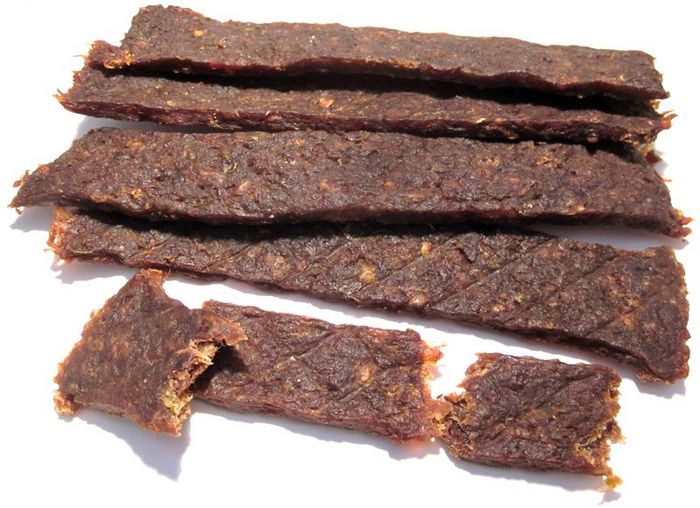Chocolate is healthy…but that depends on the oils used to produce them
08/14/2018 / By Michelle Simmons

Chocolates, both white and dark, can be considered healthy and can be used as a carrier for bioactive substances like the omega-3 fatty acids docosahexaenoic acid (DHA) and eicosapentaenoic acid (EPA), depending on the sources of these oils and how they were made.
A team of researchers from Yildiz Technical University in Turkey worked on two studies, in collaboration with a confectionery company Tayas Food, to assess the effects of the addition of omega-3 fatty acids in various forms and from different sources on the quality and characteristics of white and dark chocolate.
The results of the study, which concentrated on the white chocolate formulation, revealed that using EPA or DHA in different forms and origins affected the color saturation, aftertaste, and overall acceptance of the samples of white chocolate. In addition, the researchers said that making white chocolate of desired quality is possible through the use of EPA and DHA from an algal origin and when used in a free-flowing powder form.
Meanwhile, the results of the other study, which focused on dark chocolate formulation, showed that dark chocolate produced with algal oil had the lowest quality, while microencapsulated EPA or DHA was the most preferred source. The study also showed that dark chocolate can be fortified with EPA or DHA without compromising the quality.
The white chocolate study attained maximum EPA and DHA content of 226.8 and 54.3 mg, respectively, per 25 grams of chocolate. On the other hand, the peak levels of EPA and DHA were 121.9 and 79.3 mg, respectively, per 25 grams of chocolate. Based on the guidelines of the EFSA, products can only be considered as “a source of omega-3 fatty acids” if they provide at least 250 mg EPA and DHA combined per day.
Other benefits of chocolates
Chocolates, particularly dark chocolates, provide health benefits. The following are some of the health benefits that dark chocolates can offer:
- Dark chocolates are very nutritious – High-quality dark chocolates that are rich in cocoa are nutritious. They contain a decent amount of soluble fiber and is packed with minerals, such as iron, magnesium copper, and manganese. Just do not overindulge as they also come with moderate amounts of sugar and calories. (Related: Chocolate and roses have health benefits: Not just for Valentines’ Day – find out how to get the best chocolate and roses for your health.)
- Dark chocolates are a great source of antioxidants – Cocoa and dark chocolate contain a wide variety of potent antioxidants, such as polyphenols, flavanols, and catechins.
- Dark chocolates may enhance blood flow and lower blood pressure – Because of the bioactive compounds in dark chocolate, such as flavanols, it can improve blood flow in the arteries and lower blood pressure.
- Dark chocolates increase good cholesterol levels – Eating dark chocolate can be good for the heart. Studies revealed that it increases high-density lipoprotein (HDL) or good cholesterol while reducing the susceptibility of low-density lipoprotein cholesterol to oxidative damage and enhancing insulin sensitivity. In turn, the risk of heart disease is also reduced.
- Dark chocolates are good for the skin – The flavonols in dark chocolates can protect the skin from the harsh effects of the sun, improve blood flow to the skin, and increase skin density and hydration.
- Dark chocolates could enhance brain function – Dark chocolates can also improve the function of the brain. This beneficial effect can be attributed to the flavanols of cocoa that increase blood flow. Caffeine and theobromine, which are also found in dark chocolates, can improve brain function in the short term.
Read more news stories and studies on the benefits of chocolates by going to Chocolate.news.
Sources include:
Tagged Under: antioxidant, benefits of chocolate, chocolate production, chocolates, cocoa, dark chocolate, DHA, EPA, functional food, high-quality chocolate, oil, omega-3 fatty acids, white chocolate



















